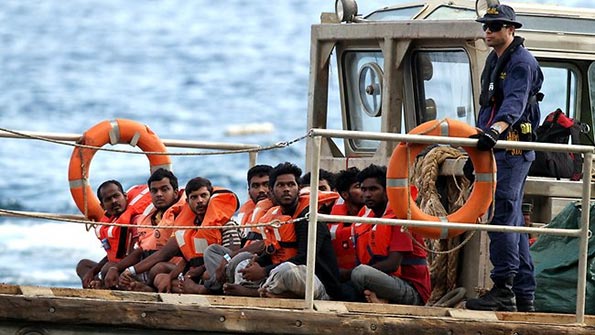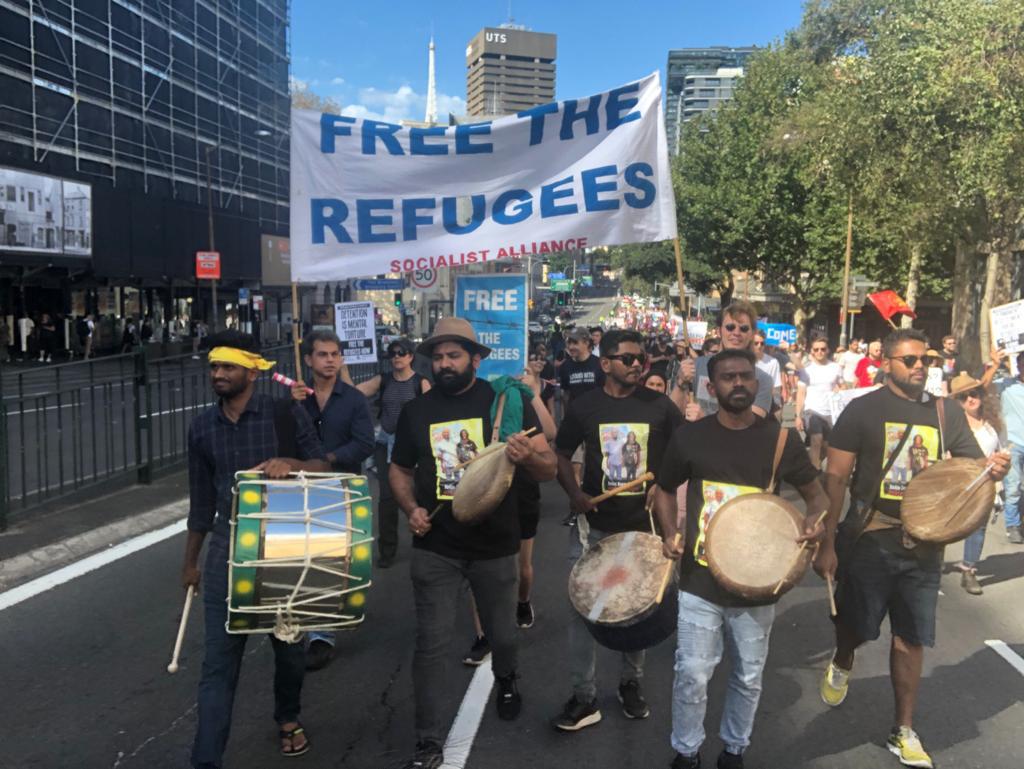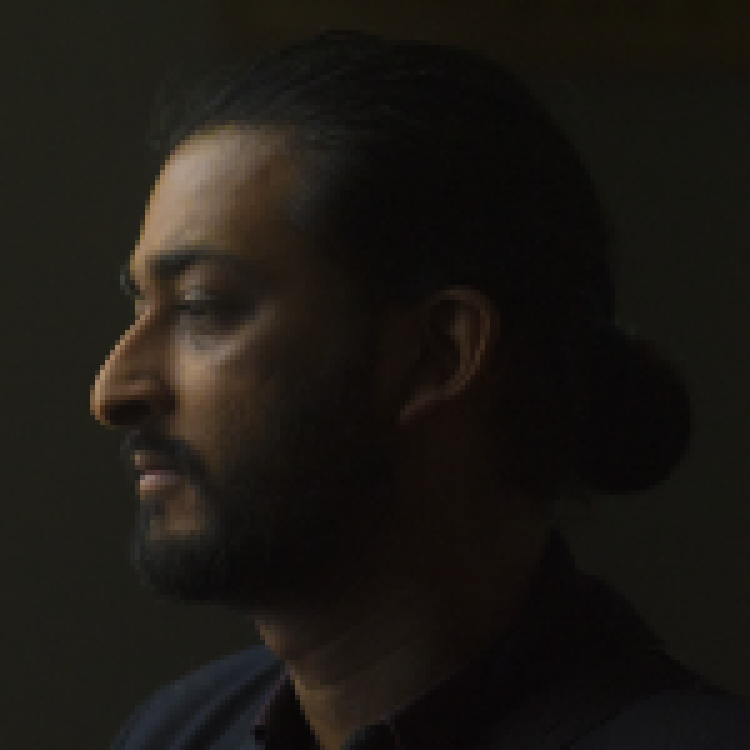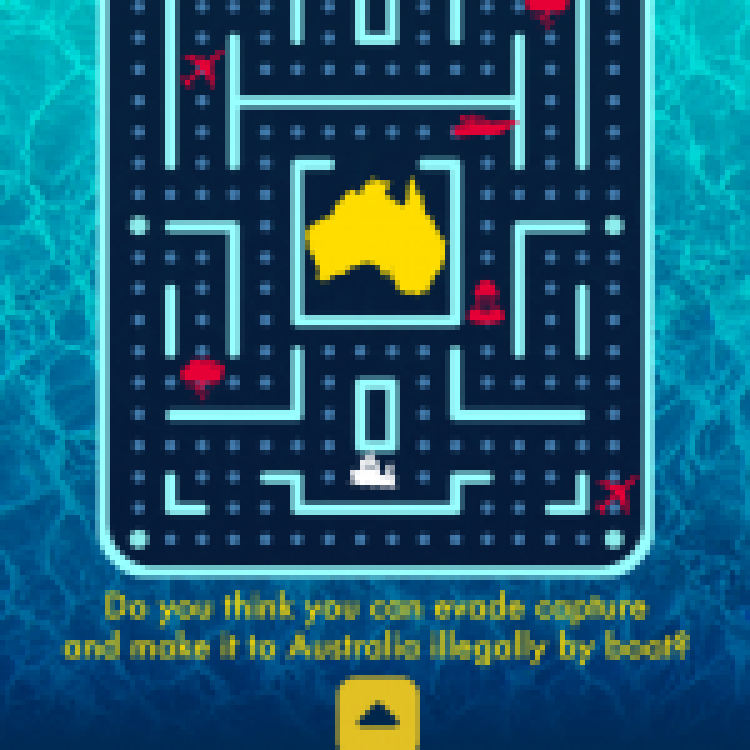
File photo: Australian authorities stop a boat of asylum seekers.
Australia’s newly elected Labor government confirmed that a group of asylum seekers who were fleeing from Sri Lanka have been sent back to the island, after their vessel was intercepted by Australian authorities last week.
Deputy Prime Minister Richard Marles confirmed in an interview with Sky News Australia that the asylum seekers were ‘processed’ under Operation Sovereign Borders and then flown back to Sri Lanka on a chartered aircraft.
“There’s been a takeback procedure which has been enacted in relation to the people on board that vessel,” said Marles.
“They have been returned to Sri Lanka. And that has happened in a very ordinary and routine way,” he told Sky News. “I think it’s important to say upfront that what this shows is that there is absolutely no change in terms of Australia’s border settings under this government.”
“We will maintain a strong border, which is the right thing to do in terms of protecting lives at sea.”
The confirmation that the asylum seekers were returned to Sri Lanka comes despite hopes that the new Labor government may shift what has been a long-criticised policy of intercepting boats, processing applications off-shore and returning asylum seekers to countries where they may face significant risk.
In the case of Sri Lanka in particular, Australia has come under fire for its erroneous policy on the treatment of Tamils on the island, many of whom continue to flee and seek asylum abroad.
Last year, a British tribunal sharply criticised the Australian Department of Foreign Affairs and Trade’s (DFAT) Country Information Report on Sri Lanka which claimed asylum seekers could be sent back to the island. The tribunal said that in the Australian report “none of the sources are identified, there is no explanation as to how the information from these sources was obtained, and there is no annex containing, for example, records of any interviews.”
“Indeed, it is unclear whether any formal interviews took place,” the tribunal continued. “In light of these matters, it is difficult to gauge the reliability of the sources which have informed the “judgement and assessment” applied to them by the authors of the report.”
Fresh hopes had been raised over the plight of asylum seekers in Australia, especially Tamils that have fled Sri Lanka, after Labor pledged to return a Tamil family to Biloela. But the latest return has left many wary.
The doubling down on the policy by members of the newly elected government has further exacerbated fears.
Treasurer Jim Chalmers then maintained the Albanese Government was “committed” to Operation Sovereign Borders and again claimed there would be no difference in approach to the former Morrison Government.
“Australians know, and the people smugglers know, that we remain committed to Operation Sovereign Borders,” said Chalmers who maintained there would be no change in the policy from the former government.
“The activity that has happened in the last couple of days has been entirely consistent with that,” he continued. “And the message we sent to the people smugglers is that people shouldn't begin that dangerous journey because they will be processed in the same way after Saturday as they were before Saturday.”
Rear Admiral Justin Jones, commander of Operation Sovereign Borders, confirmed that the policy remained unchanged.
“The direction to me by the Acting Prime Minister was clear – this government remains committed to Operation Sovereign Borders and to the protection of lives at sea,” Jones said in a statement to the Sydney Morning Herald.
“I, as Commander will continue to do what is necessary to deter people smugglers. We will intercept any vessel seeking to reach Australia illegally, and safely return those on board to their point of departure or country of origin or, if not safe to do so, they will be transferred to regional processing.”
He went on to claim all the asylum seekers onboard underwent a “thorough assessment” of any grounds for protection.
“All passengers were screened out from evoking Australia’s protection obligations,” he claimed. “Following these assessments, all passengers were safely returned to Sri Lanka.”





